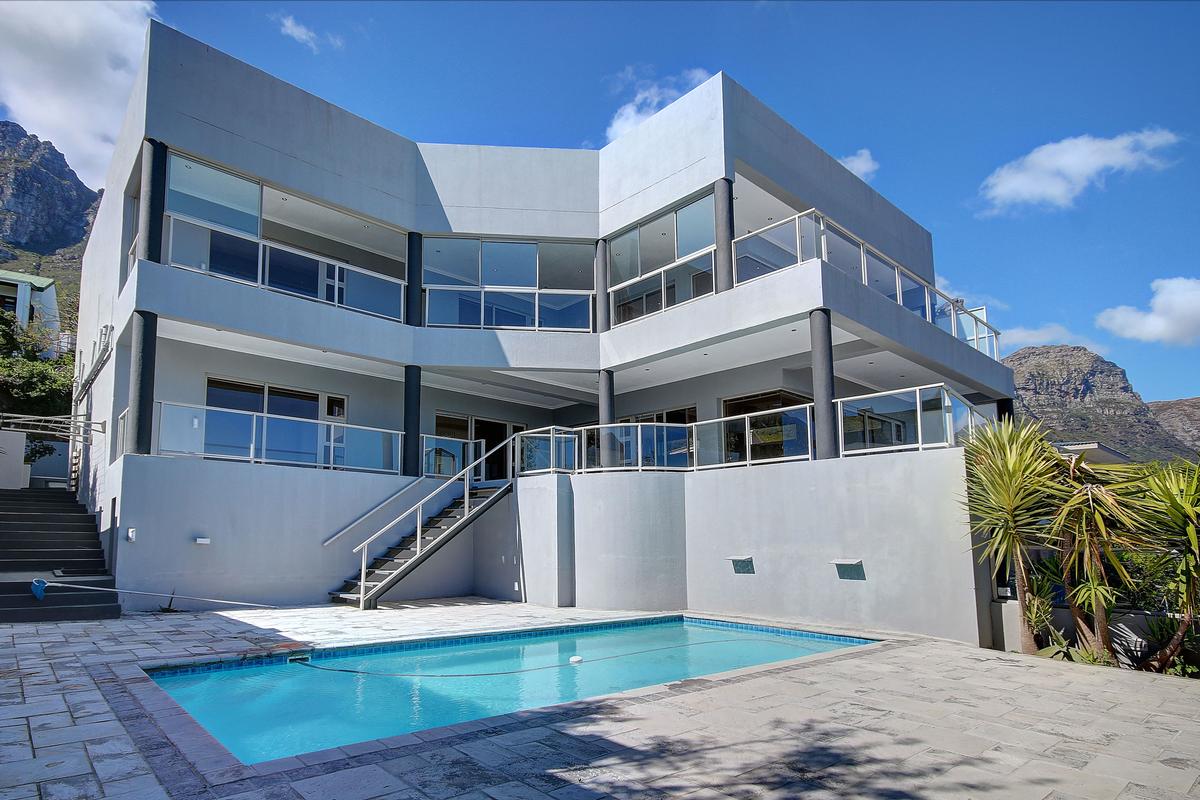
How Can South Africans in Diaspora Own a Property in South Africa?
For South Africans living abroad, the idea of owning property back home can be both a sentimental and strategic investment. With South Africa’s diverse landscape offering everything from bustling city apartments to serene beach houses, the allure is undeniable. However, the process of buying property from afar can seem daunting due to geographical distance, legalities, and financial considerations. This guide aims to demystify the process, offering practical advice and resources to help South Africans in the diaspora navigate the journey of property ownership in South Africa.
Understanding the South African Property Market
Researching the Market
The first step is to get a grasp of the current market conditions in South Africa. Various online platforms provide valuable insights into market trends, property prices, and the best regions for investment. Websites like Property24 (www.property24.com) and Private Property (www.privateproperty.co.za) offer extensive listings and resources for buyers. Additionally, the South African Property Owners Association (www.sapoa.org.za) offers in-depth analyses and reports on the property market.
Location, Location, Location
Choosing the right location is paramount. Consider factors such as proximity to amenities, the quality of local schools (if relevant), safety, and potential for property value appreciation. Coastal cities like Cape Town and Durban have always been popular among investors, but don’t overlook burgeoning areas in Gauteng or the scenic beauty of the Western Cape’s smaller towns.
Financial Considerations
Financing Your Property
Securing financing as a non-resident can be challenging but not impossible. South African banks do offer mortgages to non-residents, typically requiring a higher deposit (around 30% to 50% of the purchase price). It’s advisable to consult with financial institutions directly or through their websites, such as Standard Bank (www.standardbank.co.za) or ABSA (www.absa.co.za). Consider also consulting with a financial advisor who specializes in expatriate finances.
Transfer of Funds
Understanding the process of transferring funds into South Africa is crucial. The South African Reserve Bank regulates foreign exchange transactions, and you may need to declare large sums of money being transferred into the country. Services like Exchange4Free (www.exchange4free.com) and Wise (www.wise.com) offer competitive rates and guidance on currency regulations.
Legalities and Documentation
Navigating South African Property Law
The legal process of buying property in South Africa is well-defined. It involves a conveyancing attorney who handles the transfer of ownership. Non-residents are eligible to own property in South Africa, but it’s important to be aware of all legal requirements. The Law Society of South Africa (www.lssa.org.za) provides resources and can help you find a reputable attorney.
Essential Documents
Prepare all necessary documentation early in the process. This includes your South African ID or passport, proof of residence abroad, and proof of income. Non-residents may also need to obtain a Capital Clearance Certificate from the South African Reserve Bank, which a conveyancing attorney can assist with.
Securing Your Investment
Property Management
For those unable to manage their property while living abroad, hiring a property management company is a viable option. These companies handle everything from tenant sourcing and vetting to maintenance and rent collection. Platforms like Just Property (www.just.property) and Trafalgar (www.trafalgar.co.za) offer comprehensive property management services.
Insurance and Security
Finally, ensuring your property is secure and adequately insured is essential. South Africa’s unique context requires specific considerations around security measures and insurance against potential risks. Consult with local insurance providers to find suitable coverage for your property.
Conclusion
Owning property in South Africa while residing abroad is an achievable goal with the right planning and resources. By understanding the market, navigating the financial and legal pathways, and ensuring your investment is secure, you can make informed decisions and enjoy the benefits of property ownership in South Africa. Remember, thorough research and professional advice are your best tools in this journey.
For further assistance and information, consider consulting with real estate professionals and financial advisors who specialize in helping South Africans abroad. Their expertise can provide you with personalized guidance tailored to your unique circumstances and investment goals.





